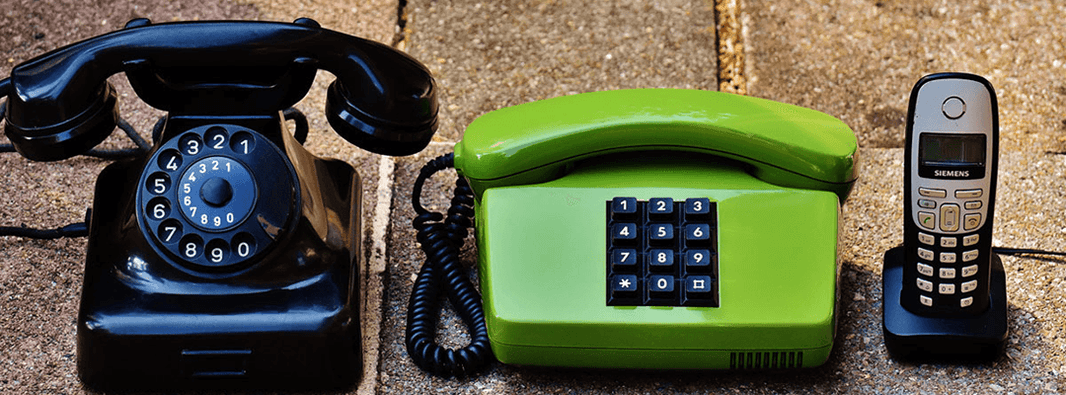If your loved one needs help with day-to-day tasks, whether that includes problems with mobility or daily living, they may be eligible for Personal Independence Payment (PIP). This useful benefit could help provide financial aid to help them get the support they need.
What is Personal Independence Payment?
Personal Independence Payment is a tax free benefit that replaced Adult Disability Allowance. It is provided to people over 16 and under State Pension age. This benefit is designed to help people who have difficulty completing everyday tasks or getting around due to a long-term health condition or disability.
Personal Independence Payment was first introduced in 2012. It is a way to supplement the earnings of people who have additional costs of living due to a health condition or disability. This means PIP is available regardless of whether people are working, have savings, or already receive other benefits.
Personal Independence Payment is split into two parts. A daily living component is for people who need help with day-to-day tasks, and a mobility component is for people who need help getting around. It is possible for a person to receive both parts, and the amount received is based on the severity of that person’s condition or disability.
Can I Claim Personal Independence Payment?
To be eligible for Personal Independence Payment your loved one must meet the following criteria:
- Have a long-term mental or physical disability or condition
- Experience difficulty carrying out certain daily tasks due to the disability or condition
- Have difficulties that are expected to last for at least half a year
- Be 16 or older
They must also be under State Pension age if they have never received Personal Independence Payment before. If they are over State Pension age and have never received PIP before, you should look at claiming Attendance Allowance instead.
How Much Could I Get?
There are two rates for Personal Independence Payment. Which rate they get is based on how difficult they find day-to-day tasks.
For the daily living component, the lower weekly rate is set at £68.10. The higher rate comes out at £101.75. For mobility, the lower rate is £26.90 a week, and the higher rate is £71.00.
If your loved one receives the daily living component, they may also be eligible for a Disabled Person’s Railcard. The mobility component may mean they can apply for a Blue Badge and receive a discount on vehicle tax.
Anybody who receives PIP may be entitled to a reduction of their council tax as well.
If your loved one receives other benefits and Personal Independence Payment, they may also receive a disability premium top-up. This will apply if they receive Income Support, Jobseeker’s Allowance, Housing Benefit, or Employment and Support Allowance. They may also be eligible for the disability element of the Working Tax Credit.
How to Claim
To start a claim, you can call the Personal Independence Payment new claims phoneline on 0800 917 2222. Once the necessary details have been completed, your loved one will be mailed a form to complete and return.
Alternatively, you can start a claim by mailing a letter to the appropriate address.
After a few weeks your loved one will receive another letter informing them of the decision. This will include whether they qualify for PIP and on what date payments will start.
What If I Don’t Qualify?
If the claim is unsuccessful, there may still be options available to you and your loved one. It’s important first to learn why the decision was made. With Personal Independence Payment, your decision letter will include a written statement detailing why the claim was denied. If you disagree with the reasoning, you can challenge the decision by requesting mandatory reconsideration.
When you request mandatory reconsideration, the benefits office will review the original decision and will be given a chance to reconsider.
To ask for mandatory reconsideration, you can call, write, or fill in a form using the contact details listed on the decision letter. Usually there is a deadline of a month to request mandatory reconsideration, but information regarding that will be found in your original decision letter.
Find Out More About the Appeals Process
More Useful Benefits
Most other benefits won’t affect Personal Independence Payment. This means there may be other useful benefits that you or your family can claim.
To learn more about a range of additional benefits, read our helpful guide to benefits for elderly people.
Alternatively, read our individual guides:
Be aware that while most benefits won’t affect Personal Independence Payment, there are still instances where it can be impacted by another benefit.
Additional Support from Careline365
If your loved one needs extra support at home, they may benefit from a Careline personal alarm. Purchasing a personal alarm can help support independence and provide additional reassurance.
In the event of an emergency, such as a fall, your loved one simply presses the button on their pendant alarm. This puts them in contact with our professional Care Team, who then arrange help by informing emergency contacts and, when necessary, the emergency services.
A Careline alarm helps to support your loved one to live independently. We also offer Fall Detector and GPS Alarm options, which provide additional safety at home and beyond.
Furthermore, if your loved one has a long-term disability, they may be eligible for VAT Exemption. This could provide a considerable saving on their Careline alarm.
For more information about the Careline alarm service, read our helpful guide. If you have any additional questions, please do not hesitate to get in touch with our helpful team on 0800 030 8777.









